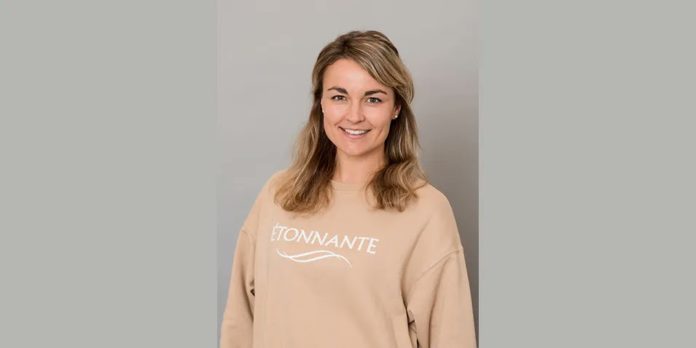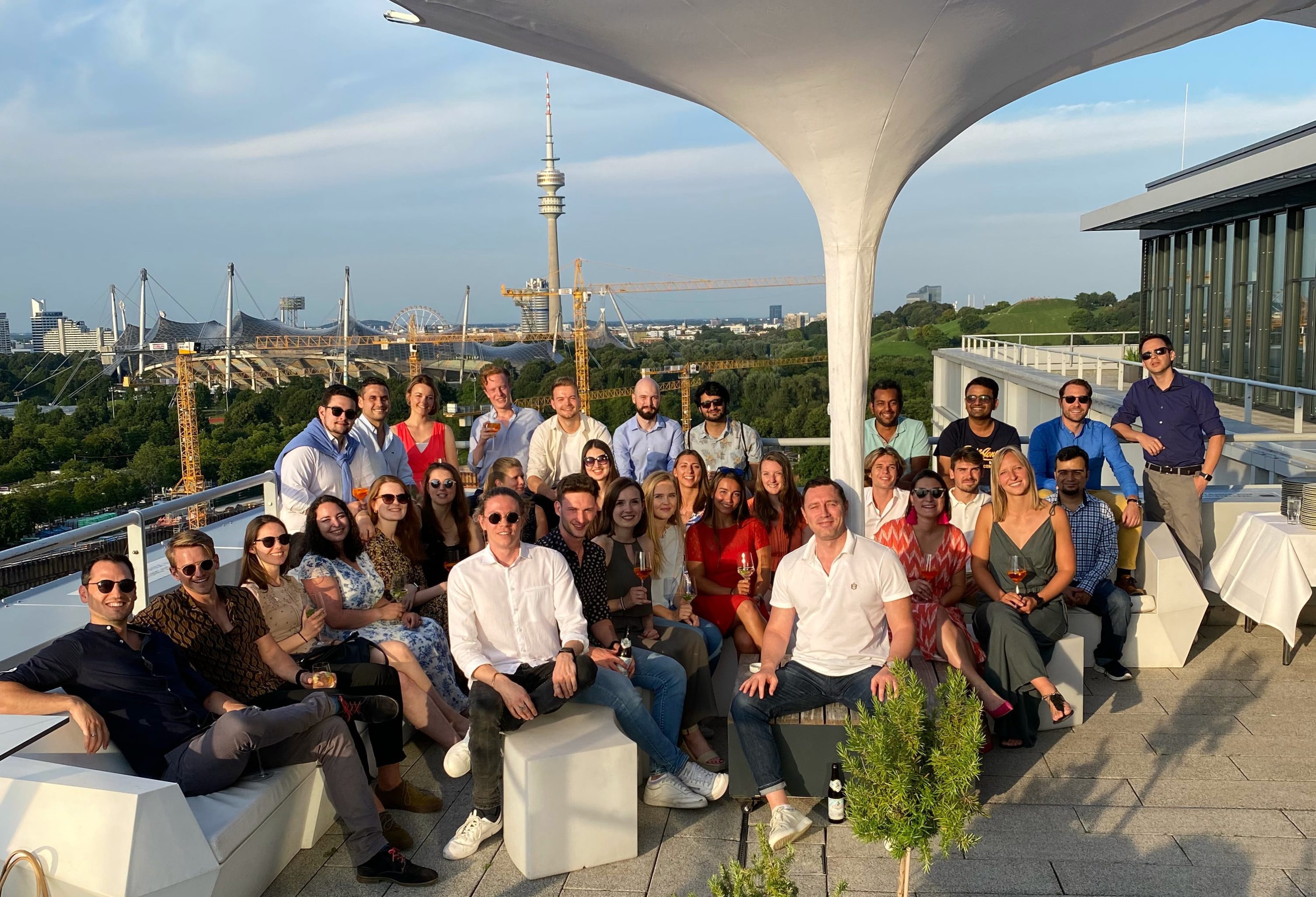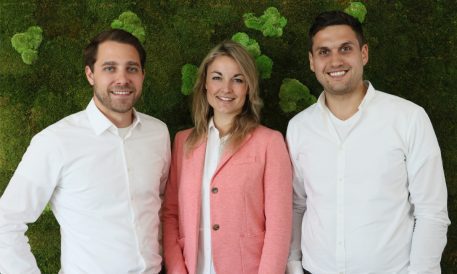As a part of the Morning Lazziness series about empowering women who are encouraging and doing incredible things with their ideas in society, I had the pleasure of interviewing Veronika Schweighart, co-founder of Climedo.
Thank you so much for joining us in this interview series! Our readers would love to “get to know you” better. Can you share your “backstory” with us?
Following my studies in Business Administration at the LMU and Technology Management at the Center for Digital Technology and Management (CDTM) in Munich, as well as various internships and working student positions, I founded my first company. It’s called Nuclino and it’s an online collaboration tool. After two and a half great years there, I left the management and founded Climedo with my two fellow students Sascha Ritz and Dragan Mileski from CDTM. As Co-Founder and COO, I oversee the areas of Sales, Marketing and Customer Success.
What do you specialize in, and why should someone choose you over your competitors in your field?
We at Climedo offer a digital platform for decentralized clinical trials. The modular solution for Electronic Data Capture (EDC) enables pharmaceutical and medical device companies to efficiently validate their products and medical innovations in a decentralized and patient-centric way. Unlike existing solutions, our tool is 100% user-centric and links all parties in a single, holistic system. Communication and data capture can therefore be significantly simplified.
This might be intuitive to you as a woman founder but I think it will be helpful to spell this out. Can you share a few reasons why more women should become founders?
One good reason can be found in a study conducted by the Boston Consulting Group (BCG) and MassChallenge. A gender analysis of investment and revenue data over a five-year period revealed the gender funding gap: Investment in companies founded or co-founded by women was less than half the average amount invested in companies founded by male entrepreneurs. A 2018 article by the German national newspaper “Welt” also showed that women receive just over 10% of government funding for startups. Despite this disparity, startups founded and co-founded by women performed better in the long run, generating 10% more cumulative revenue over a five-year period. In terms of the effectiveness with which companies convert a dollar of investment into a dollar of revenue, startups founded and co-founded by women are significantly better financial investments. I think these numbers speak for themselves.
What’s your piece of advice for people who want to quit their 9-5 job and start a business?
In the words of LaRusso et al: “Think big, start small, move fast.” – “Think big” because visionary thinking is needed to tackle the really big challenges in life. “Start small” because you don’t need to try everything at once, but always start within a niche to get the focus you need and celebrate small successes early on. These successes, in turn, give you a boost for the next steps. “Move fast” because fast iterations avoid going in the wrong direction for too long and help us learn a lot in a short period of time. After all, time is the most important resource when implementing innovations, not just for startups.
What is the biggest sacrifice you’ve made in starting or running your business?
There is no doubt that as a founder, I have much less leisure time than I would in a typical 9-5 job. That means that, during the week, my evenings are usually filled with another shift of work instead of watching Netflix or meeting friends. Also, on vacation, I often work a few hours per day or at least check my emails very regularly. However, most of the time, I don’t see this lack of “leisure” as a problem but as a privilege, meaning that I’m happy I get to spend my time on projects and topics that I love and care about.
What is your no-fail go-to when you need inspiration or to get out of a creative rut?
Outdoor sports – be it running in the forest, HIIT in the park or hiking in the mountains – are an amazing way for me to get my head clear and find new inspiration.
Lastly, what do you think this world needs the most?
There are many things that come to mind, but from my experience, one very important factor that cannot be underestimated is empathy. According to Forbes, it’s actually the most important leadership skill, as it affects innovation, engagement, retention, inclusivity, and work-life balance.
At Climedo, we often see that clinical trials are much more successful when patient needs and desires are taken into account, thus creating more empathy and patient centricity. Empathy is also one of our core team values and what our company was built on from the very start. That’s why we strive for empathy in all our relationships, both with clients and within our fast-growing team.




